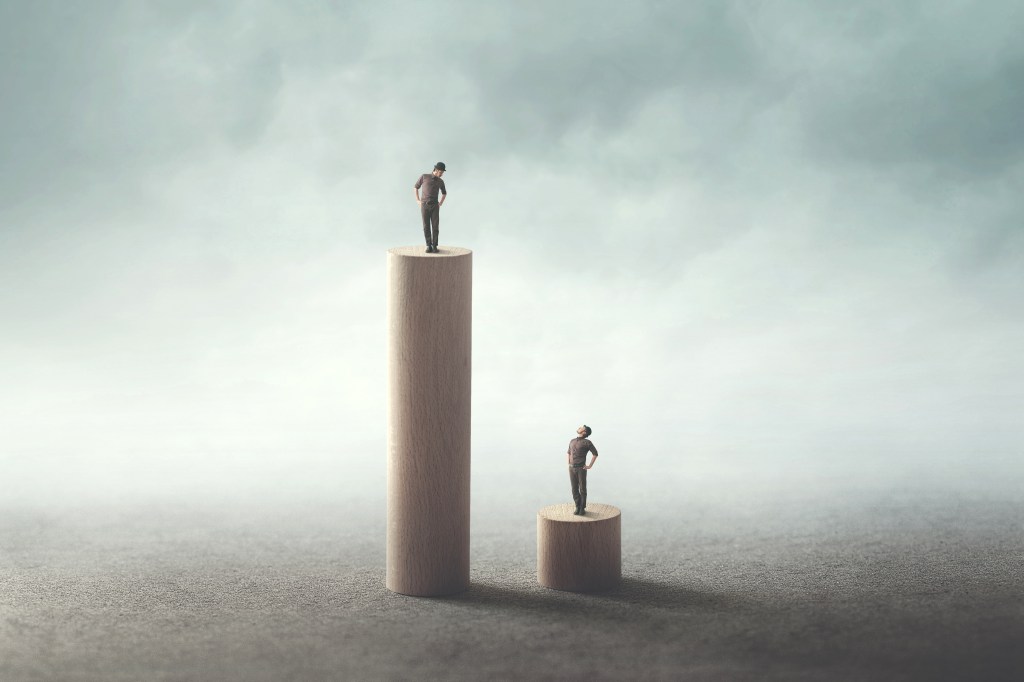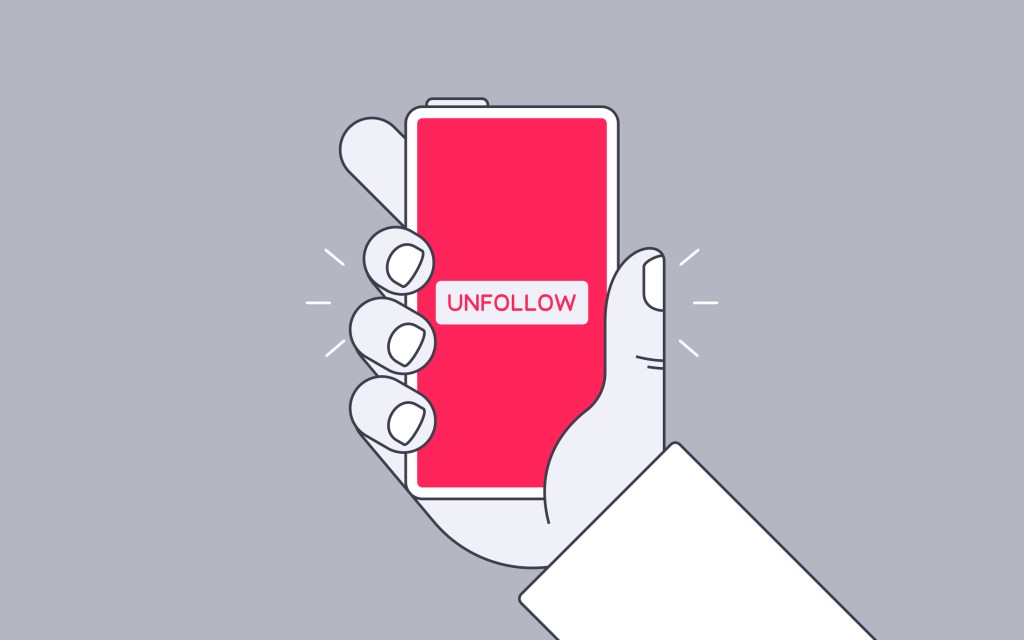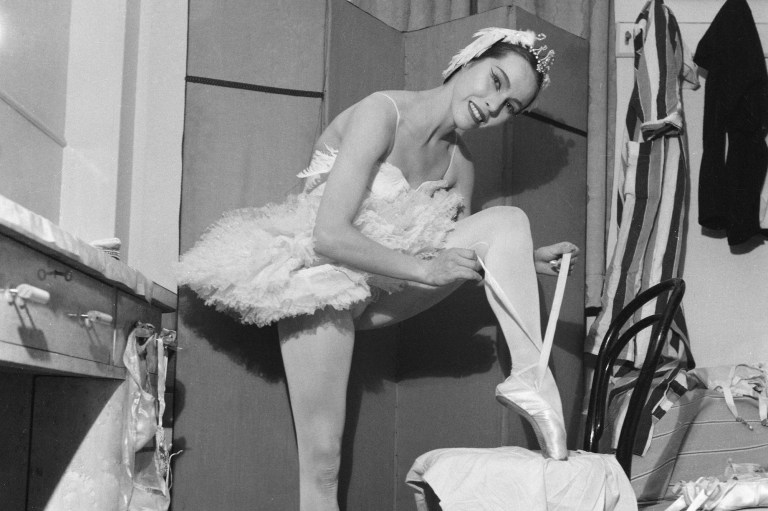When I was in my early 20s, starting to make my way in the world and experiencing my first professional and personal achievements as an adult, my best friend and roommate said something — almost more to herself than to me — that’s stuck in my mind ever since: “Your successes are not my failures.” As my life has changed over the years, I’ve frequently found myself silently repeating those sage words about other people’s accomplishments.
It’s been well-established that this digital era of constantly displaying our triumphs, outfits, relationships, and more can easily lead to comparisons and feelings of inadequacy — which can sometimes even result in anxiety, depression, or poor self-esteem.

That brings up another oft-repeated expression: “Comparison is the thief of joy.” But amid the constantly updated feeds of everyone’s greatest moments, how can we truly stop that thief from plundering our supply? One key is making sure our cache of joy is being constantly replenished — looking for ways to spark and nurture it is arguably one the most important things we can do for our well-being.
But there are other strategies to kick the cycle of social comparison, including giving yourself a little more credit. Scroll down for a roundup of expert advice on the topic.
Celebrate Yourself
When I say celebrate yourself, I don’t necessarily mean championing your wins on social media. Posting every meal you cook or trip you take is all fine and dandy if you’re truly looking to share your life with loved ones, but if you find yourself doing so to prove your worth in some way, consider scrapping the draft. That said, it is important to celebrate your wins in less public ways — with the people who matter to you, and most importantly, in your own mind.
When Healthline writer Victoria Stokes found herself struggling with making constant comparisons between herself and others, she turned to a personal coach for advice. The coach’s recommendation: Keep a written record of all the good things Stokes did. And it helped.

“If I aced a project at work, I recorded it. If I helped a friend in a crisis, in it went. If I dragged myself to the gym on a morning I really didn’t want to go, I wrote it down,” Stokes explained. “Looking at all I had achieved, both big and small, bolstered my self-esteem.”
As stated, these wins don’t need to be huge. Jotting down that you tried out a new recipe and loved it is something to celebrate just as much as getting promoted or making a new pal. (And if you’re anything like me, a bonus to this recommendation is that it gives you an excuse to purchase a cute new journal.)
Zoom Out
You’ve probably already heard — or know instinctively — that what we see on TikTok and Instagram isn’t always the complete picture (the 20,000 blooper photos I take for every one that makes my grid are proof of that). Shiny happy posts that give us FOMO are just a “snippet of a moment, not the fully fleshed out reality,” according to Janelle Peifer, a licensed clinical psychologist and associate professor at the University of Richmond.
A little mental reminder of that fact the next time you’re scrolling can go a long way. Peifer told Self that just being aware of this tendency can help you see yourself and others more clearly, which prevents your self-esteem from taking any unnecessary hits.
Some other things to consider — are the people you’re comparing yourself to at the same stage as you? Do they come from the same circumstances? John Lee Dumas, founder and host of the award-winning podcast Entrepreneurs on Fire, explained in an article for Forbes that he noticed at one point he’d been comparing himself to someone with far more experience in the field than he had.

“Why was I comparing myself to him? Why was I comparing the success of my podcast to any podcast except mine yesterday? Was my podcast growing? Yes. Was I adding value to the world? Yes. Was I accomplishing my goals? Yes. Was I helping people? Yes,” Dumas shared. “So, I re-focused on what mattered.”
Stop Following People Who Make You Feel Bad
This advice is sort of an example of treating the symptoms instead of the problem, but sometimes you have to start there. It’s what Vogue Australia columnist Laura Henshaw advised a reader who wrote in asking how to stop her social media comparison pattern. If there are specific celebrity or influencer accounts that consistently trigger your feelings of low self-worth, ask yourself what value they’re really adding to your life.
As Henshaw put it, “You can and should absolutely unfollow anyone on social media who makes you feel [bad] about yourself, or find yourself comparing to, but you also must address the root of why you feel this way.” She went on to emphasize that getting down in the dumps after viewing other people’s feeds isn’t really about them; it’s a reflection of how we feel about ourselves.

On that note, revisit our explainer on where confidence comes from and how to build more of it.
Focus on Your Own Goals
Mental energy spent comparing yourself to others, and subsequently feeling down about it, is mental energy that could be spent doing something else — like actually improving your life. Now, you shouldn’t feel compelled to improve your life just to keep up with the Joneses, of course, but if you suspect the real reason you feel inadequate next to others is because you want more for yourself, use that as motivation.
And that doesn’t mean making huge changes. In the Forbes piece, Dumas offered this advice: “Focus on getting 1% better in three areas of your life every day. Health, relationships, and business. If you do that, you will be amazed at where you are in three years,” he suggested. “This is actionable, measurable, and within your control.”

It’s also important to give yourself substantive aims so that you can narrow in on what matters and work toward it, Dumas said. “Without a north star, you are a ship without a rudder.”
RELATED: Mediocrity Is Meaningful: The Case for Living an Average Life











